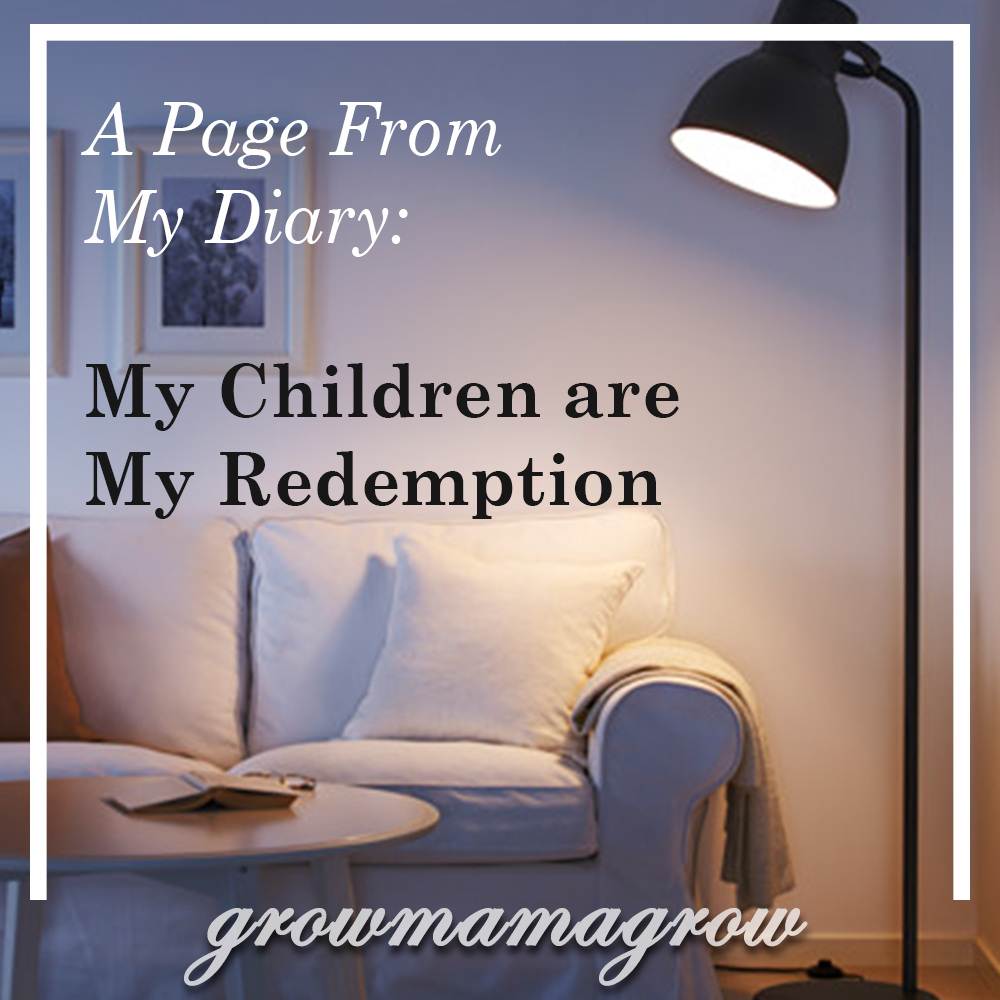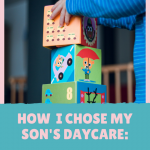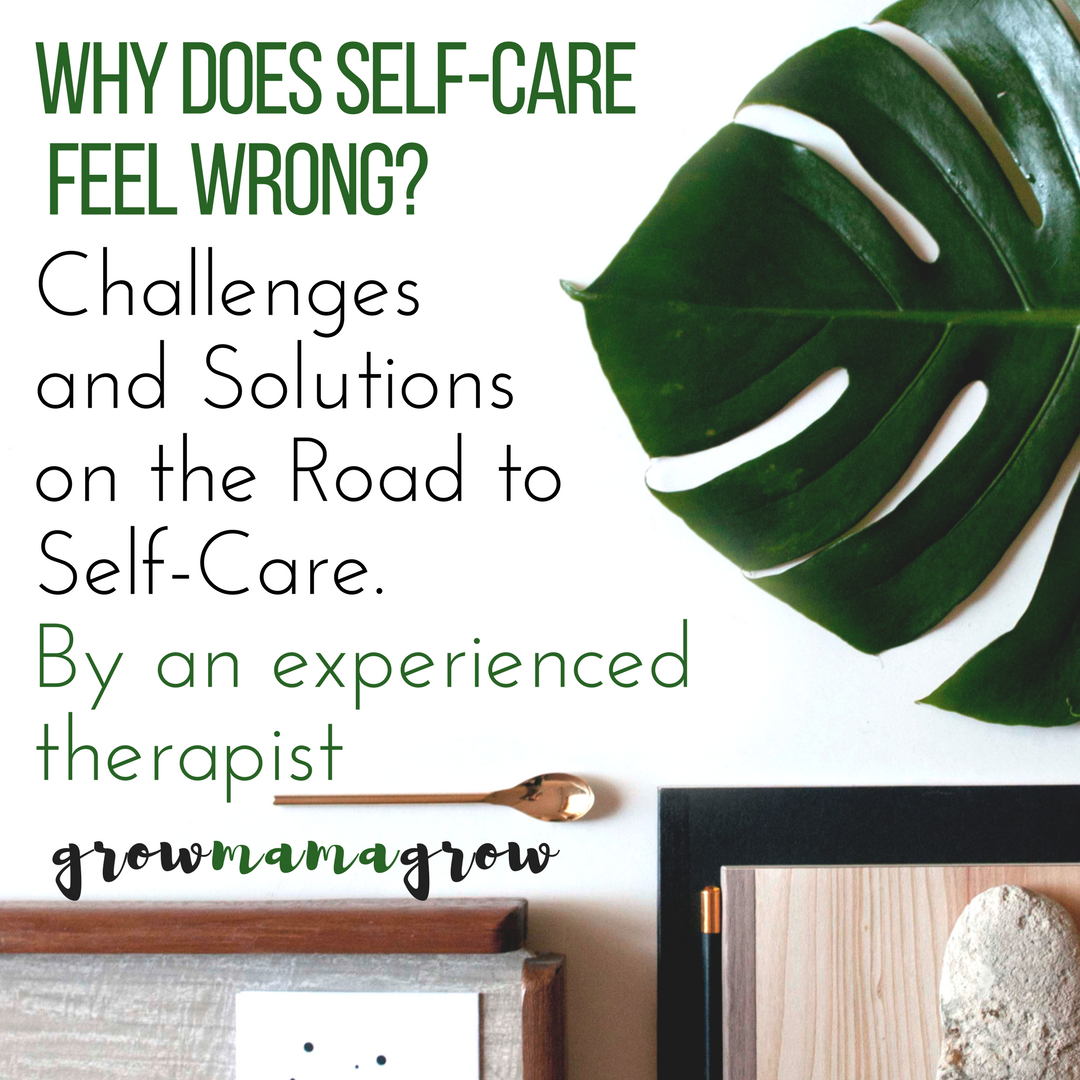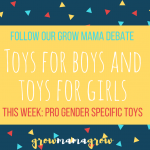 Every time I vow not to act a certain way with my kids, I end up doing it again. There seems to be these certain “hot spots” that really irritate me about my children. Like when my daughter’s handwriting is not legible or when she cries after a not-so-horrible fall. I know that these things are not that bad, but for some reason when I see them, I turn into someone I cannot recognize. Deep down inside I know that the way I react is wrong, and almost always feel regretful afterwards, but it just happens over and over again. If I know my reactions are not reasonable, why do I keep repeating them? How do I break this cycle and change?
Every time I vow not to act a certain way with my kids, I end up doing it again. There seems to be these certain “hot spots” that really irritate me about my children. Like when my daughter’s handwriting is not legible or when she cries after a not-so-horrible fall. I know that these things are not that bad, but for some reason when I see them, I turn into someone I cannot recognize. Deep down inside I know that the way I react is wrong, and almost always feel regretful afterwards, but it just happens over and over again. If I know my reactions are not reasonable, why do I keep repeating them? How do I break this cycle and change?
One of the most bizarre phenomenon of parenting is finding yourself doing things you promised you wouldn’t do because of some underlying, inexplicable reason. It should be simple–if I don’t like the way I am dealing with my child, then I should be able to change or stop it. Research shows that it may not be that easy.
While some may attribute parenting roadblocks to mismatches in parent and children’s personalities, much of the frustration may stem from parents’ own childhood experiences. In their phenomenal book, Parenting from the Inside Out, Daniel Siegel and Mary Hartzell describe how reconnecting and understanding one’s past helps parents to better connect with their children in the present. Not only does becoming a parent allow us to improve ourselves in the apparent areas of patience and responsibility, but it also gives us the opportunity to introspect and discover those unresolved issues that may be stopping us from fully being mindful in our own parenting experience. In the Noble Quran, God the Almighty says, “God does not change the condition of a people unless they change what is in themselves” [13:11]. I’d like to think that this applies to parenting–by raising and, thus, changing a child for the better, we must first change ourselves, as Siegel and Hartzell so aptly put it, “from the inside out.”
Witnessing our children go through different developmental stages or doing certain things that trigger specific memories may create a myriad of feelings including anxiety, anger, fear, or sadness. These triggers, or “hot spots” as you mentioned, elicit a response pattern that we may feel we have no control over.
This may seem strange since we don’t automatically think of a memory or flashback when we watch our kids grow and change. Yet, neurobiological research shows that the brain is capable of storing both implicit and explicit memories that affect our interpersonal relationships. While we are familiar with our explicit memories–those incidents that we can clearly recall in our heads–implicit memories are usually buried and hidden in our psyche and only come out with the occurrence of a sensory experience that triggers the feeling we had during that memory. Let’s take the smell of crayons as an example. What feelings does it elicit, if any? Some may associate the smell with a positive early childhood experience, thus eliciting a happy, cozy feeling. Others may associate it with a difficult school experience, thus eliciting feelings of fear and anxiety. Sometimes, even explicit memories become buried, particularly when it is too painful to remember.
If you feel stuck in your recurring pattern, perhaps there is an underlying memory or childhood experience that is inhibiting your ability to parent in the way you would like. The key to changing this pattern is to unbury those implicit and explicit memories, reconnect, and resolve them. How does one do that? Take note of those situations that seem to consistently irritate you and cause an unfavorable response. Notice how your body reacts and the thoughts that go through your head. Let’s take one of your examples: How does your body feel when your daughter’s handwriting is sloppy? Do your muscles tense up? Do thoughts like “she’s so messy; she’ll never amount to anything; why can’t she get it straight” pop up in your head? If so, these thoughts may not very well be related to your daughter, but may be residue to a story of your past. Try to recall your own childhood. Did you have a teacher or parent that constantly reprimanded you for your handwriting or homework? Did they say things that lowered your self-esteem or made you resentful? While going through this process, many parents find that a specific recollection will pop up and they can automatically make the connection. “Ah, yes, I remember when….” is a common response to such an exercise. Writing down your thoughts in a journal helps one to fully process and unbury those memories. By simply processing these unresolved issues, parents are amazed at how much they can better relate and be mindful of their children’s experience without their own baggage getting in the way.
One other strategy I have found to be extremely useful with parents, particularly those who do not like the idea of writing, is creating collages. Think of your child’s hot spot and any memory that may be connected to your current response. As you keep these thoughts in your mind, start collecting and cutting out pictures that you feel may relate. To keep it simple, my suggestion is to pick one background photo and about four or five other pictures to glue on top. Many parents have found this exercise to be quite a revelation to their inner thoughts and memories. Sharing your collage with a friend or spouse can be even more powerful.
Looking for more ideas? While the gray neuroscience inserts may be too in-depth for many, Siegel and Hartzell’s book offers “inside-out” exercises that can be quite insightful on deepening our relationship with our children.
Connecting with your past to resolve issues does not necessarily mean that you had a troubled childhood. It simply means that your caregivers were human and affected you in a way that would eventually affect the way you parent your own child. It is our perception of memories that helps or hinders us in the parenting process. We must learn to connect the dots between ourselves as children and ourselves as parents. Only when we can create that cohesive narrative between then and now can we break unhealthy patterns and become the best parents for our children in the way we envision it.
Counselor’s Corner is a monthly GrowMama column presenting professional advice and strategies on different issues facing parents and children. This month’s Counselor Corner features Duaa Haggag. Duaa is a licensed child and adolescent therapist working in the Greater Flint, MI area at Silent Sunlight Counseling, PLLC. She is also a parent and home-educator of three rambunctious girls all under the age of seven. When the stressors of life try to take over, she finds great solace in weeding her garden. She may be reached at [email protected].











